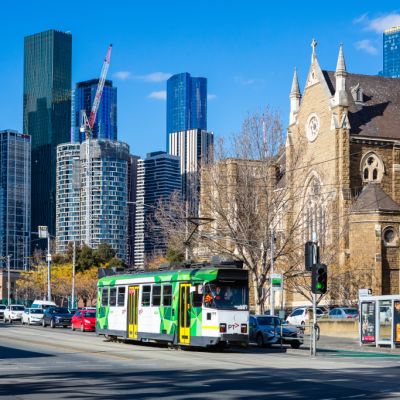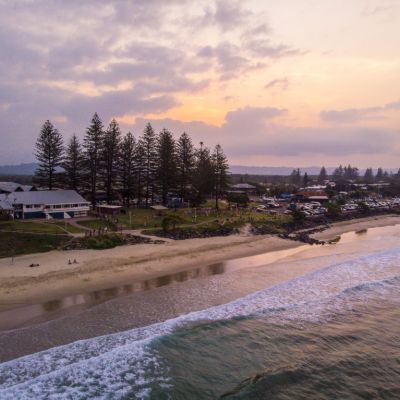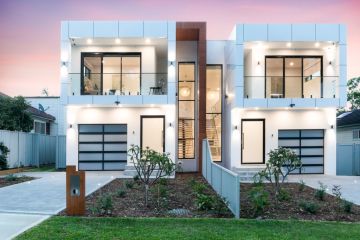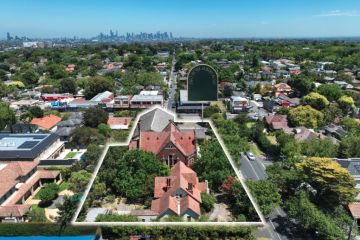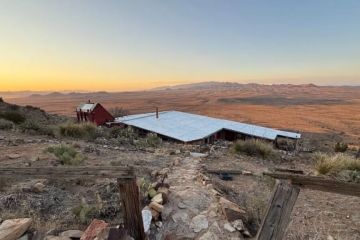Why your own home could yield strong returns (if done right)
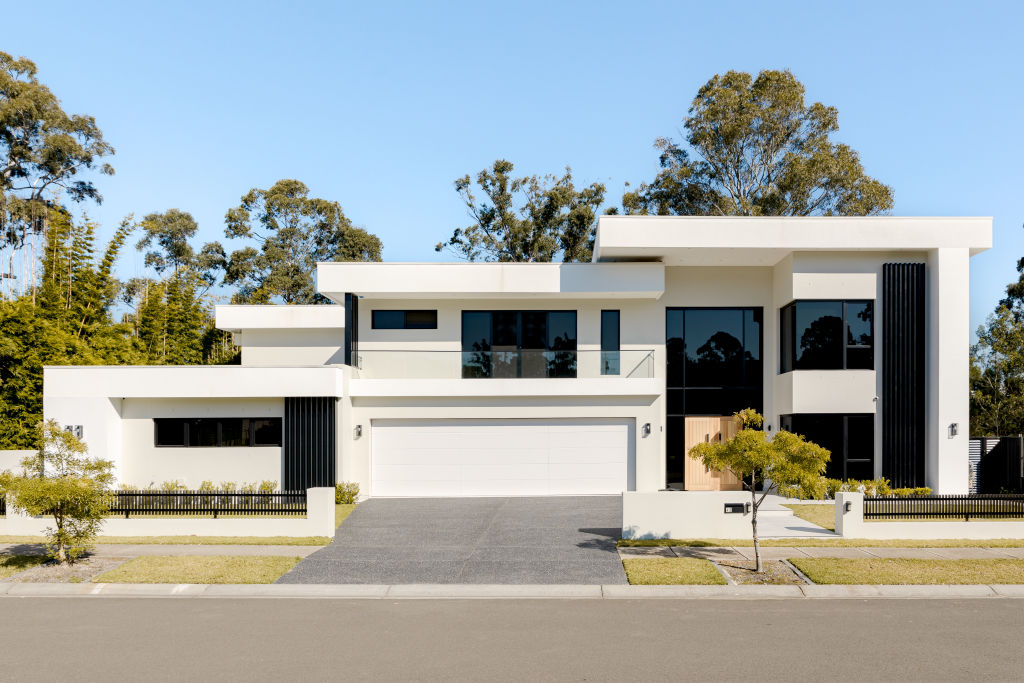
Your home, your castle, your investment strategy?
Some experts believe your principal place of residence is the very best investment vehicle you could ever have, and it should be driven much harder to generate long-term wealth.
One of those experts is Henry Single, from Pivot Property Buyers. “Beyond your own home, all other property is taxed into the ground,” he says. “So, the only joker you have in the pack with the ATO [Australian Taxation Office], that a lot of people overlook, is your own home.
“All the rewards are capital gains tax-free, so if you can add value, that’s a good decision, and then maybe move every two and a half to three years to realise the extra value. Even if you moved every five years and made $1 million each time, in 20 years, that would be $4 million.”
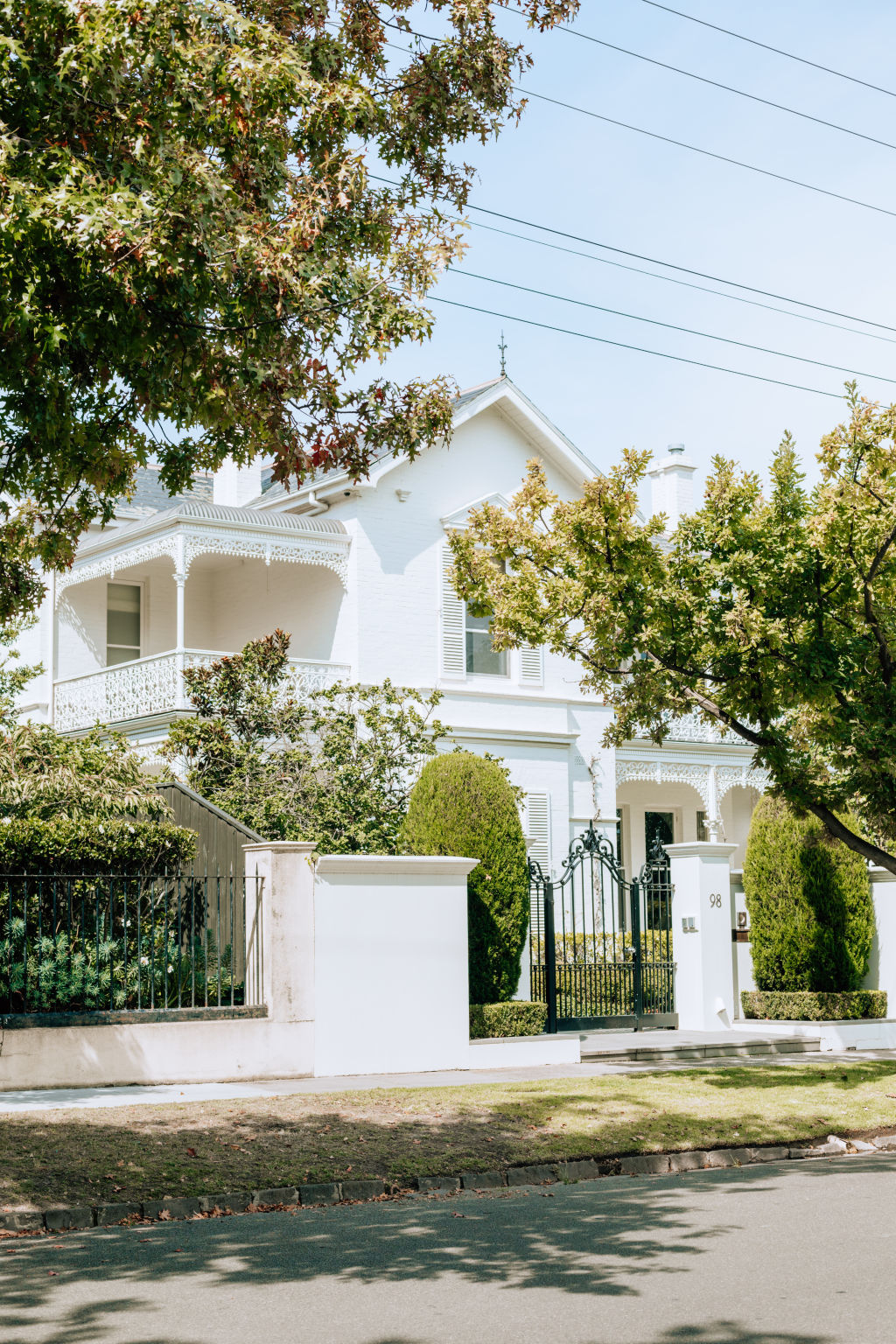
Single has employed those tactics himself, buying properties that have maybe been renovated 15 to 20 years before and are ripe for improvement but still liveable. Then, he adds as much value as possible with renovations and refurbishments, sells up and moves on.
The gains he then puts into asset-generating products like commercial property with net returns of around 8 per cent.
Others see the strengths of such tactics but say they won’t suit everyone, all of the time. CBRE head of research Sameer Chopra says an advantage is that the alternative, of investing in new properties, also incurs significant land tax.
“Normally, I’d be very pro investing in your own home to avoid capital gains tax and land tax,” says Chopra. “But if an investor catches the right cycle, the gains can build from investing in other properties.
“At the moment, with the construction downturn in Australia, investing in properties that aren’t your own home makes sense. There will be a significant shortfall in housing and a lot of pressure on supply, which is running about 50 per cent of historical levels and more than that for apartments.”
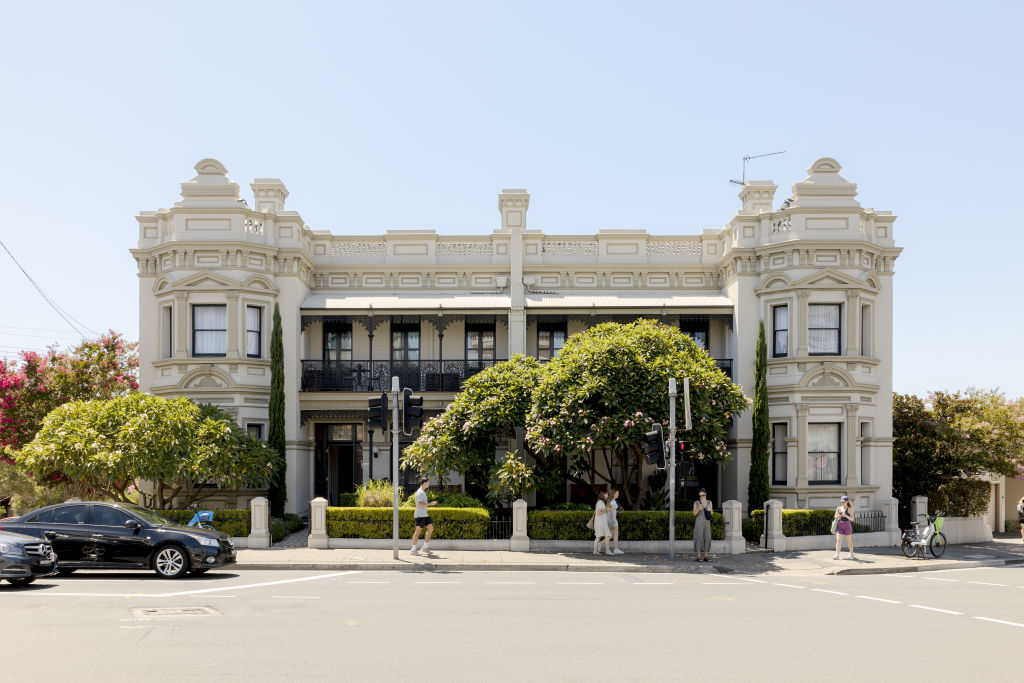
As a result, he believes that in around 12 months, there will be another sharp rise in rents, vacancy rates will fall from the current 1.1 per cent nationally by half a point, and prices will jump.
“That means it’ll be a good time to buy investment properties until 2030 when supply will eventually increase again,” he says.
Investment specialist Todd Polke, the author of the wealth-building advice book, Escape The Middle, agrees that value-adding to your own home is a good strategy, but it might not suit everyone. Continually upgrading homes and moving regularly might not suit someone with a family and lifestyle.
“I’ve seen a lot of people make the mistake of over-capitalising on their own home and then not having the liquidity to do anything else,” Polke says. “Then that house can be a noose around your neck, which means you can’t escape a big mortgage or a job you don’t like because you have to support yourself and your family.
“You should be creating wealth to create choices. but investing in your own home can prove an inflexible option. Everyone needs to get clear on what they want to achieve, and if you want financial freedom, then having the best home in the best street might not be as wise as building a portfolio.”
We recommend
We thought you might like
States
Capital Cities
Capital Cities - Rentals
Popular Areas
Allhomes
More

